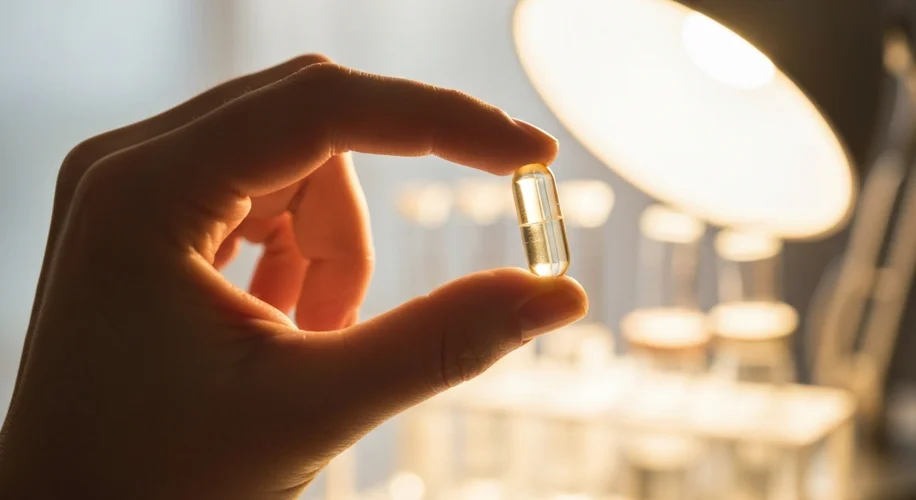Hey everyone! I’m Simone, and today we’re diving into some fascinating new science about something many of us take daily: Vitamin D.
A recent study from Harvard, specifically researchers at Brigham and Women’s Hospital, has given us something to talk about. It suggests that this common vitamin might actually help slow down the aging process at a cellular level. That’s pretty exciting, right? We’re talking about reducing some of the very signs of aging that happen deep inside our cells.
Did you know that Vitamin D plays a role in so many bodily functions? From bone health to immune support, it’s a workhorse. But this new research points to something else entirely: its potential impact on aging itself. The study found that higher levels of Vitamin D were associated with a reduced risk of certain age-related diseases and even longer lifespans. They looked at how Vitamin D levels correlated with specific markers of cellular aging.
So, how does it work? While the exact mechanisms are still being explored, scientists believe Vitamin D might help protect our DNA from damage and reduce inflammation, both key factors in the aging process. Think of it as a tiny shield for your cells, helping them stay healthier for longer.
Now, for the catch that the description mentioned. While the findings are promising, it’s important to remember that this study, like many in this field, shows an association. It doesn’t definitively prove that taking Vitamin D causes you to age slower. Correlation isn’t causation, as we scientists like to say.
This means that people who naturally have higher Vitamin D levels might also have other lifestyle factors – like spending more time outdoors, eating healthier diets, or exercising more – that contribute to slower aging. The study adjusted for many of these factors, but it’s something to keep in mind.
Also, the study focused on blood levels of Vitamin D. Getting too much Vitamin D can also have negative effects, so it’s crucial not to go overboard with supplements without professional guidance. The key is balance and understanding what your body needs.
What this study does highlight is the importance of maintaining healthy Vitamin D levels. If you’re concerned about your levels, the best step is to talk to your doctor. They can order a simple blood test and help you figure out if supplementation is right for you, and at what dosage.
It’s a reminder that while science is constantly uncovering new ways to support our health, the fundamentals often remain the most powerful. Getting enough sunshine (safely, of course!), eating nutrient-rich foods, and staying active are still cornerstone practices for healthy aging. Vitamin D might just be another piece of that puzzle.
I’ll keep following this research and share more as it develops. Stay curious and stay healthy!

